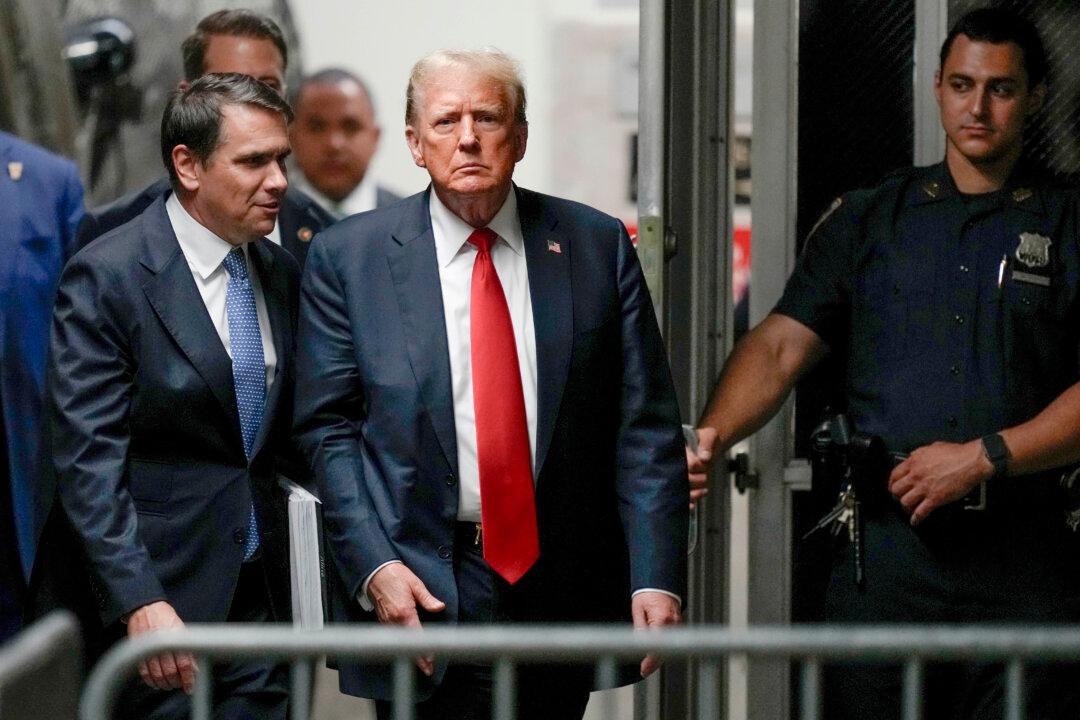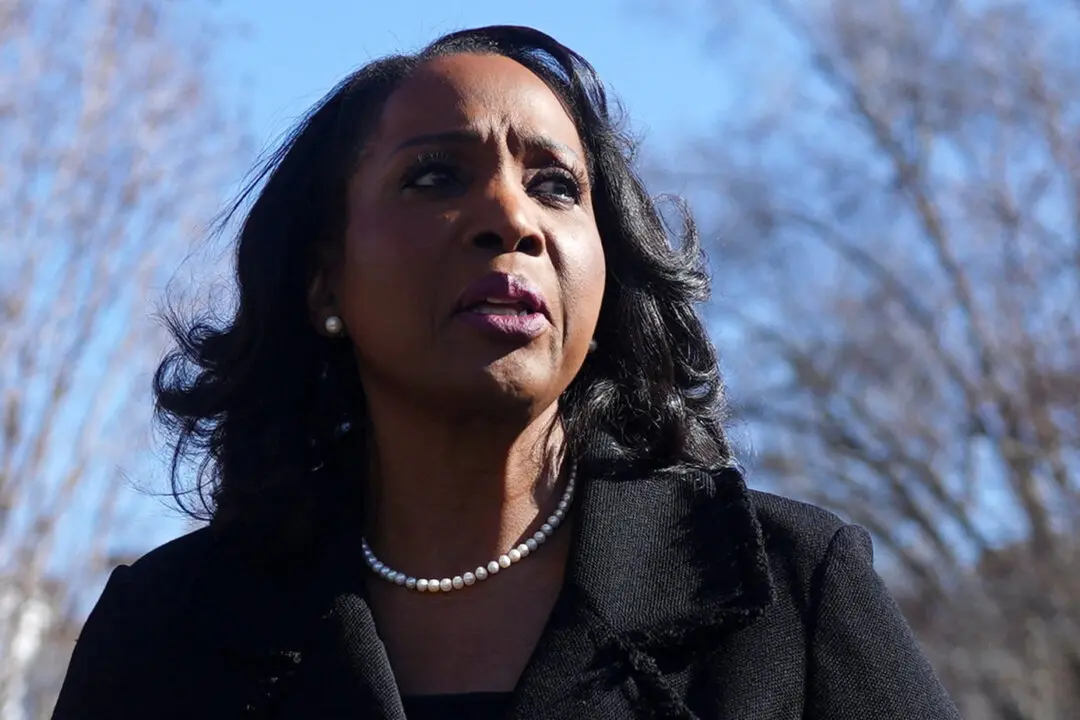Former President Donald Trump continues to face potential legal battles in four criminal cases, raising the prospect that a possible future presidency could be marked by continual litigation.
Trump notched partial legal victories over the summer as courts delivered rulings that weakened prosecutions in Georgia and Washington, and a federal judge dismissed the classified documents case brought against him in Florida.





